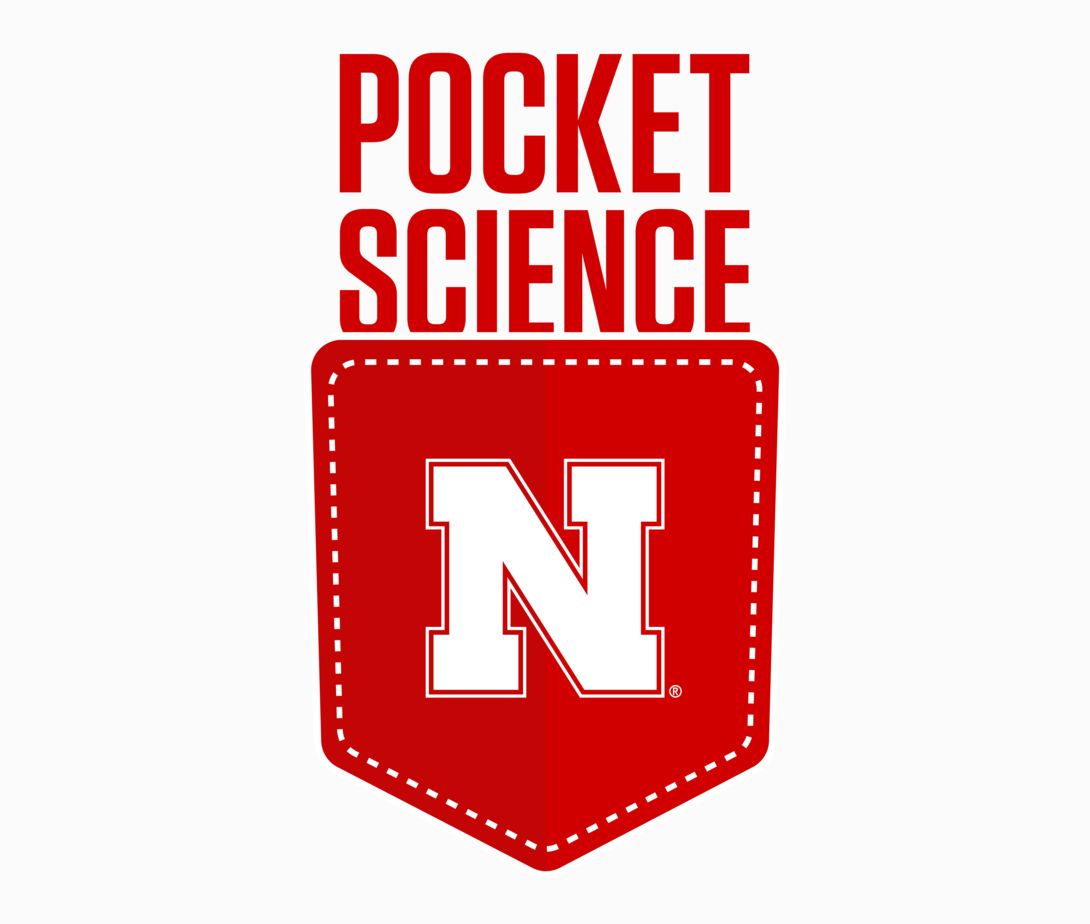
Welcome to Pocket Science: a glimpse at recent research from Husker scientists and engineers. For those who want to quickly learn the “What,” “So what” and “Now what” of Husker research.

What?
By serving both as fuel for cells and as molecular building blocks in their membranes, fatty acids are critical to human functioning and development.
Two of those fatty acids, omega-3 and omega-6, likewise contribute to the development of a fetus. Omega-3 acids, found in oily fish and other seafood, promote brain and eye development while reducing risks of disease. Omega-6 acids, common in vegetable oils, have more mixed effects but are considered essential, too.
Some research also suggests that omega-3s and omega-6s might influence the weight and length of newborns. But no study had closely examined those fatty acids in the plasma of mothers and umbilical cords at the time of birth.
So what?
Husker researcher Sathish Kumar Natarajan and colleagues at the University of Nebraska Medical Center analyzed the plasma of 121 mother-infant pairs for oxylipins: chemical compounds that result when enzymes break down fatty acids.

Though the links between oxylipins and birth weight were generally less pronounced, one product of omega-6 breakdown appeared especially noteworthy. When that product was not detectable in plasma, average birth weight ranked in the 59th percentile; when it was, infant weight rated in the 37th percentile.
Now what?
Continued research is needed to ascertain whether omega-3 and omega-6 oxylipins actually influence infant length and weight. But the team’s findings point to the possibility of using oxylipins as biomarkers for those outcomes.







